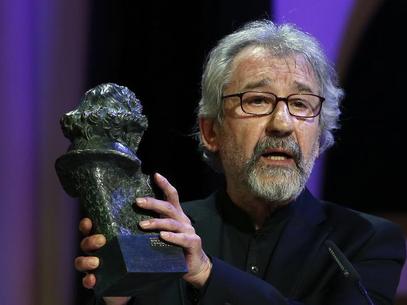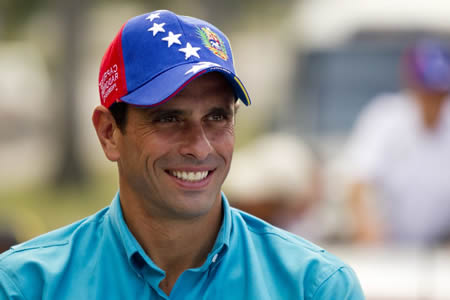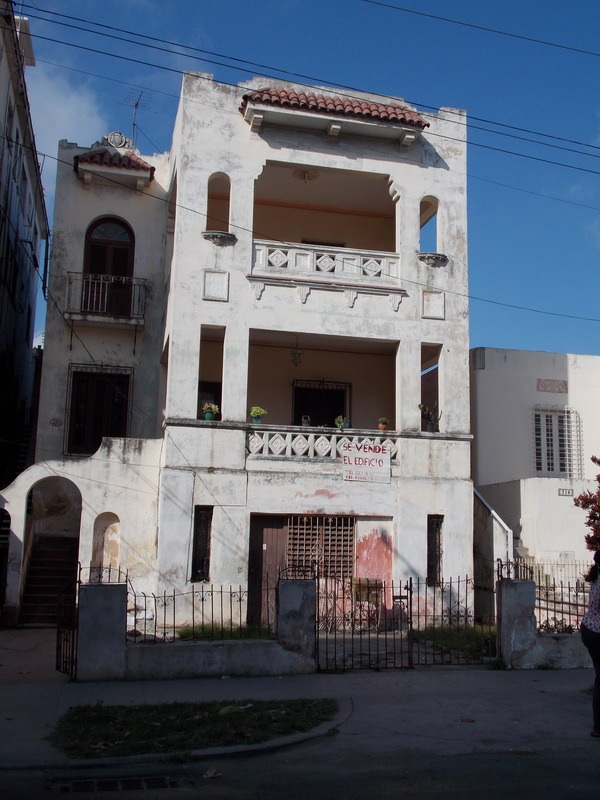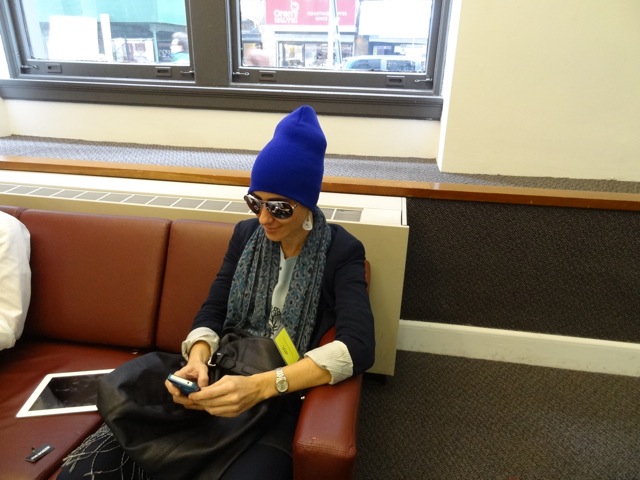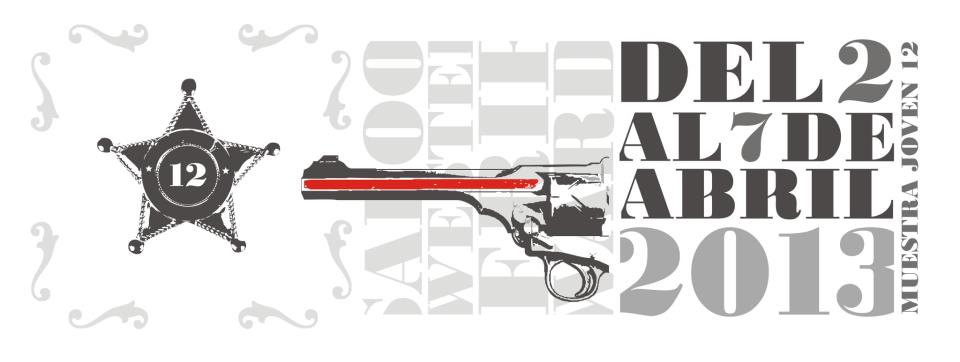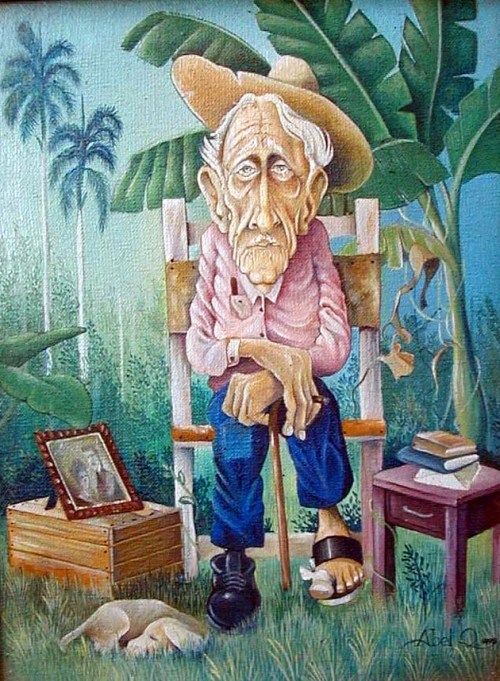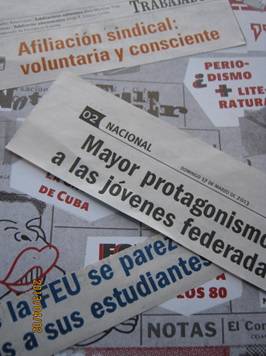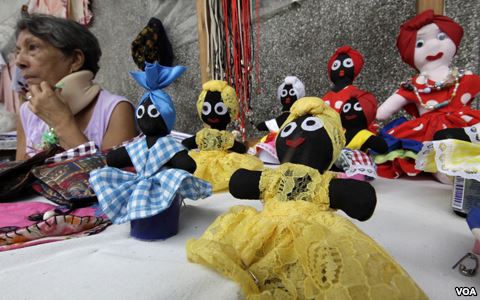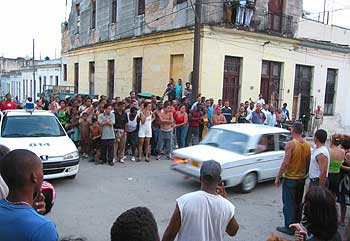Site manager’s note: This document/proposal, published by the Catholic Archdiocese of Havana, is generating discussion among the bloggers and is posted here for the convenience of our readers.
The following translation is taken from the Havana Times. The document, in English, can be downloaded here.
A Dreamed of, Possible and Future Cuba
The sovereignty of the country is only the unrestricted exercise of all the rights of human dignity throughout the territory of our country for all Cubans.
Cuba is experiencing a new era. This imposes on us the urgency of ensuring the sovereignty of our country. Concerned about the present and the future, we wish to make proposals to be studied and debated publicly, about how a process of economic renovation might develop alongside a renewal of the Cuban social order.
We in the Laboratorio Casa Cuba*, of dissimilar ideological provenance, start from a consensus on five pillars that we deem crucial and indispensable for the present and future of Cuba: Advocate the realization of human dignity, which is specified by non-violent exercise of freedom, equality and brotherhood, for the socialization of spiritual and material wealth to be able to create, for the achievement of full democracy, for the pursuit of greater stability in this process of change and solved by the rejection of foreign powers meddling in the affairs of Cuba.
In proposing (never imposing) a minimal definition of Republic and some possible tools to achieve it, we don’t want to promote private agendas, but Cubans’, with different opinions and beliefs, among all of us to realize, broaden and deepen these criteria, we aspire to be the basis of our coexistence in the near future.
Republic:
A public order with a universe of attitudes, commitments and rules guaranteed to every human being to enjoy all the capabilities needed to perform their share of sovereignty. The exercise of citizen sovereignty, which requires a democratic order must be based on human virtues, as the principal means mutual support, and the goal of building justice.
Instruments to strengthen the Republic of Cuba today and tomorrow:
I. Ensure the enjoyment of civil, family, political, cultural, social, labor and economic rights.
II. Implement effective mechanisms through which every citizen can equally enjoy these rights, and to empower the disadvantaged.
III. To ensure the right to universal information that is free and diverse, broad and deep, interactive and critical, without censorship or monopolization. This is especially essential to ensure transparency in governance and participatory mass access to the Internet.
IV. Ensure the social and political multiplicity of the nation the right to choose different ways to self-organize in order to promote their goals, influence opinion and act in society and participate in governance.
V. Allow believers and practitioners of different religions, spiritualities and worldviews that exist in Cuba to publicly promote their identities, feel respected, and self-organize into communities with legal status.
VI. Establish diverse ways to enable citizens to actively monitor compliance with the Constitution, and the performance of all official institutions.
VII. To seek the greatest possible autonomy for local institutions, understood as community spaces, resources and decision-making capabilities on these, to exercise the role of solidarity and citizen sovereignty.
VIII. When a problem can be solved at the grassroots level, locally, community wise or in the workplace, the higher courts should not intervene in the solution; communities, associations, companies and groups of workers must be able to freely cooperate with each other to solve their problems together.
IX. Repeal all rules that establish discrimination between citizens according to their places of origin or residence, including those that favor foreigners’ over Cubans. Likewise, repeal laws providing the possibility of criminal sanctions for those who didn’t commit criminal acts (charged with pre-criminal dangerousness: the “dangerousness” and “pre-criminal security measures”).
X. Establish mechanisms of mutual control between the various public functions. Separate legislative, executive, judicial and electoral functions and outline the cooperation that should exist between them.
XI. Each taxpayer should be involved in the development and approval of the use of funds coming into the treasury, and accountability for use in well-defined social purposes.
XII. Choose any public office representative, through direct elections, free, secret and periodic and competitive among candidates nominated directly by citizens.
XIII. Likewise, the above rules should apply to the election of the highest executive positions of the Republic and of each locality.
XIV. Limit to two periods remaining in the popularly elected executive positions, and set age limits for such functions as well as determine the incompatibility of positions to be held by the same person.
XV. Enforce the periodic interactive public accountability of all public officials.
XVI. Ensure the right of the people to revoke all mandates.
XVII. Make full use of the referendum and the plebiscite, in all areas and dimensions.
XVIII. Effectively ensure the right to work and employment guarantees, as well as the needed economic freedoms, and make the management of the economy subject to enforceable social and environmental commitments.
XIX. Keep as law, universal and free access to health care, through various forms of social organization as well as fair remuneration according to professional performance.
XX. Ensuring universal and personalized access to a democratic, humanistic and diverse education, with fair pay for educators and the active involvement of teachers, students, families and communities in the management of the school facilities and the definition of curricula as well as a free and responsible cultural development.
XXI. Academic and university autonomy, with academic freedom and of research, and an active participation of all stakeholders.
XXII. Ensure effective ways to ensure a balanced participation of the Cuban diaspora in the country’s life.
XXIII. All social activity must comply with the principles of legality, justice and constitutional supremacy. Constitutional provisions should be developed and adopted with the participation of the general population.
With this we add our modest effort to the unforgettable efforts of those who have fought and worked for the triumph of love in our land, a choir of plural and diverse voices, which we join in a common redemptive password.
Comments, analysis and proposals can be sent to the following email address: labcasacuba@gmail.com
—–
(*) The Laboratory Casa Cuba is a newly created team for social and legal research, recently created by Espacio Laical, a publication of the Roman Catholic archbishopric of Havana. It includes professors and researchers of diverse ideologies (Catholics, critical Marxists, republican-socialists and anarchists), whose critical contribution will attempt to provide tools that can help to continue the dialogue and consensus building for a Cuba with dignity, solidarity and citizen participation.
